
Image: Marlene Johansson

Image: Marlene Johansson
Strategic research area The strategic research area Ecochange focuses on effects of climate change on marine ecosystems. Research is conducted in different areas, with the Baltic Sea ecosystem as a common denominator. The research programme is a collaboration between Umeå University and Linnaeus University. This web site presents the ongoing research at Umeå University.
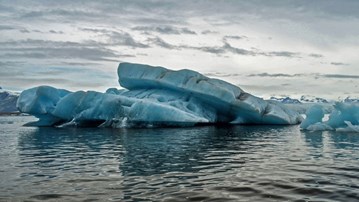
EcoChange is a part of the government's strategic research initiative on marine environmental research.
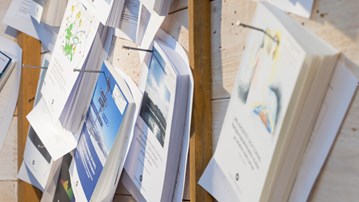
Scientific publications produced within EcoChange.
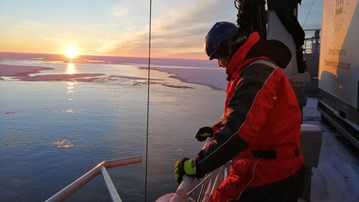
Meet the people, read about what has been done within EcoChange.
The changing climate has a major impact on the oceans. In the Baltic Sea, the water is not only becoming warmer. The salinity is changing, as well as the nutrient content of the water. The amount of carbon that flows into the sea with river water is increasing, which has major consequences for the food web. In the base of the food web, bacteria are favoured in relation to phytoplankton. This makes the food web less effective, which in turn can lead to poorer fish production and more environmental toxins in the ecosystem.
These issues are studied in the strategic research area EcoChange. The Baltic Sea, with its gradients in salinity, temperature, and other factors, serves well as a model system for studying the effects of climate change on ocean ecosystems.
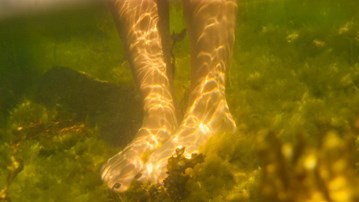
A new thesis reveals how climate change can promote potentially dangerous bacteria in the Baltic Sea.
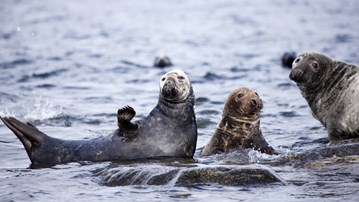
Andriy Rebryk has developed a method for non-target screening for potentially harmful substances.
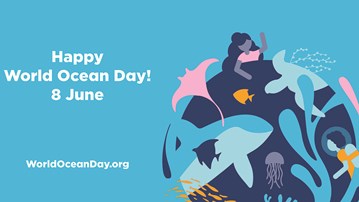
Today we celebrate World Oceans Day and and focus on protecting our seas.